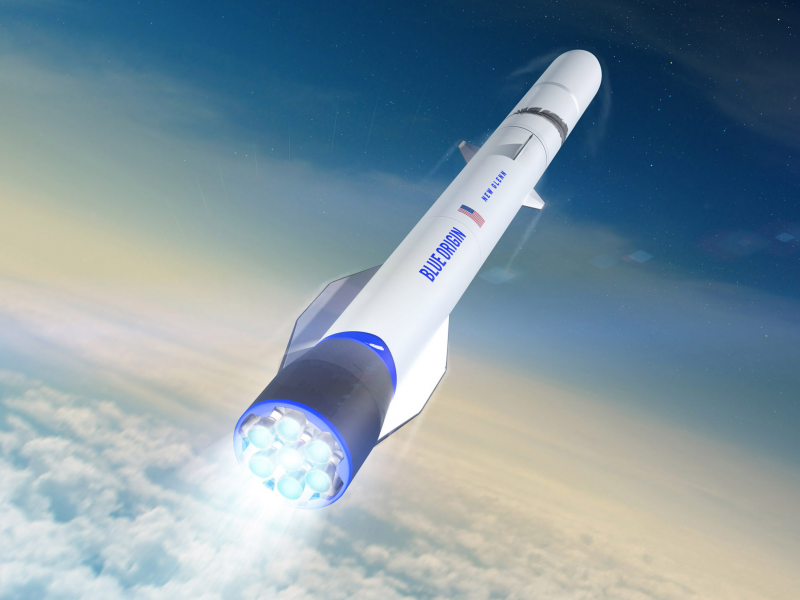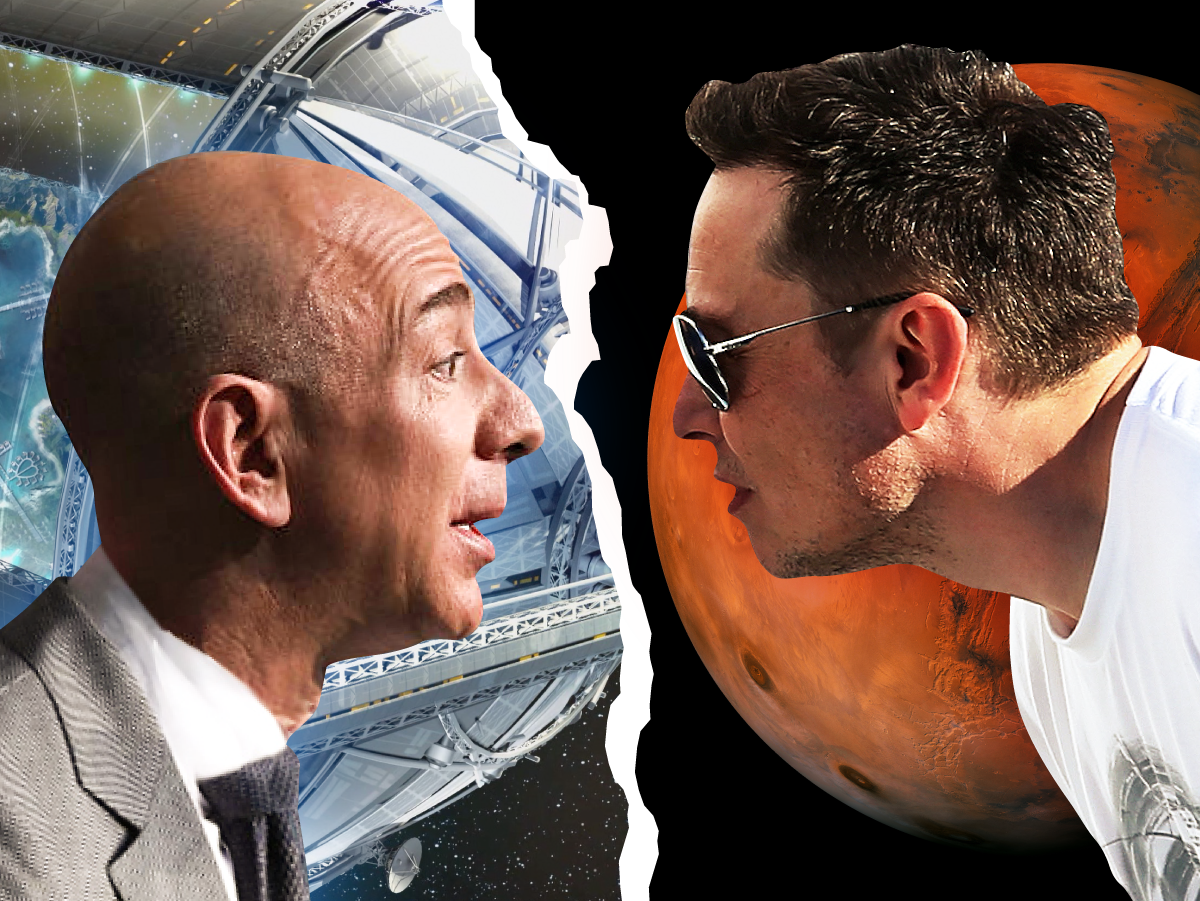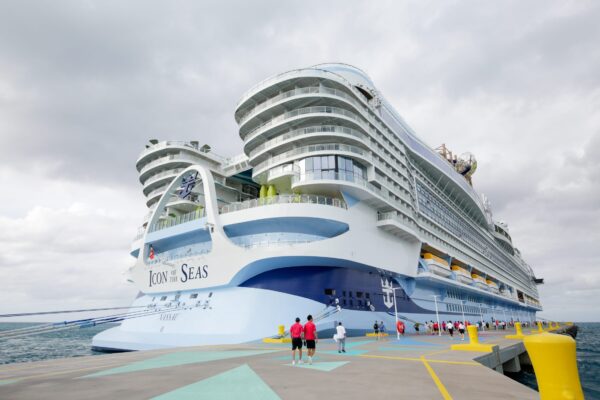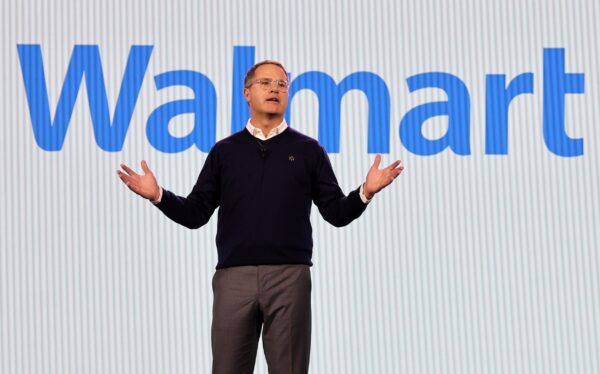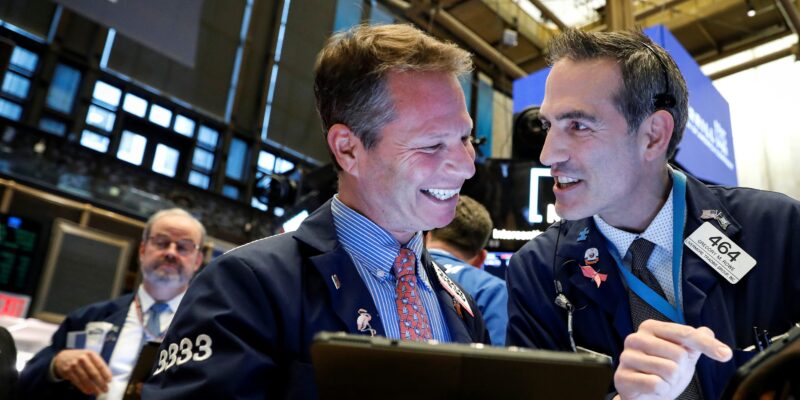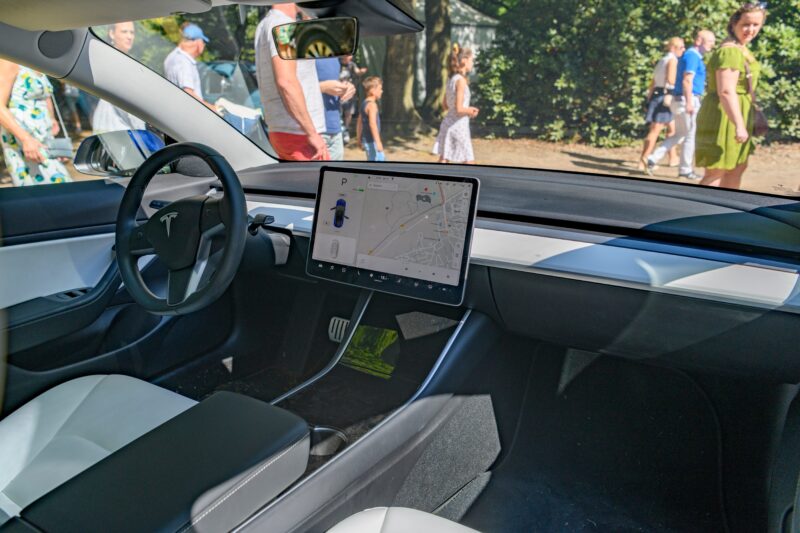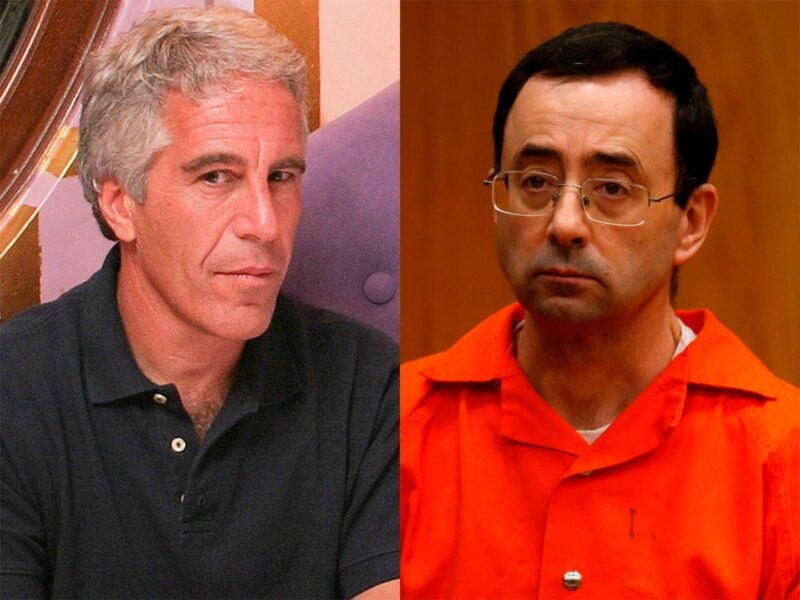- Elon Musk and Jeff Bezos have feuded for years over each other’s space-related ambitions and activities.
- The two billionaires weren’t always so adversarial; in 2004, they even had dinner together.
- But tensions between them have risen with the growth of their space companies: Bezos’ Blue Origin and Musk’s SpaceX.
- They’ve criticized each other’s rockets and plans to settle space, and also legally sparred over launchpads and patents.
- Visit Business Insider’s homepage for more stories.
Jeff Bezos and Elon Musk, two tech moguls with grand visions for exploring and settling humans in space, have increasingly found themselves feuding over what our future in that final frontier should look like.
Their disagreements mainly arise because both are pursuing reusable rockets, next-generation spacecraft, and ambitious space-settling plans. In May, for instance, Bezos unveiled a moon lander design by his spaceflight company, Blue Origin; in that presentation, he criticized the idea of populating Mars – the overarching goal of SpaceX, Musk’s rocket company.
That dig was made live onstage, but other times quarrels between Musk and Bezos appear on world stages like Twitter.
Most of the sparring seems innocuous. However, some of the billionaires’ battles with the space companies they founded have worked their way into courts and government agencies.
The relationship between Bezos and Musk wasn't always so tense, though.
"As time has gone on and these companies have been successful, ambitions have grown," Ashlee Vance, who wrote a biography of Musk, told The Guardian in 2016. "Musk and Bezos used to be cordial, but they're vicious now."
Here's a short timeline of how they got to this point.
Bezos founded Blue Origin in 2000 as Amazon's success surged.
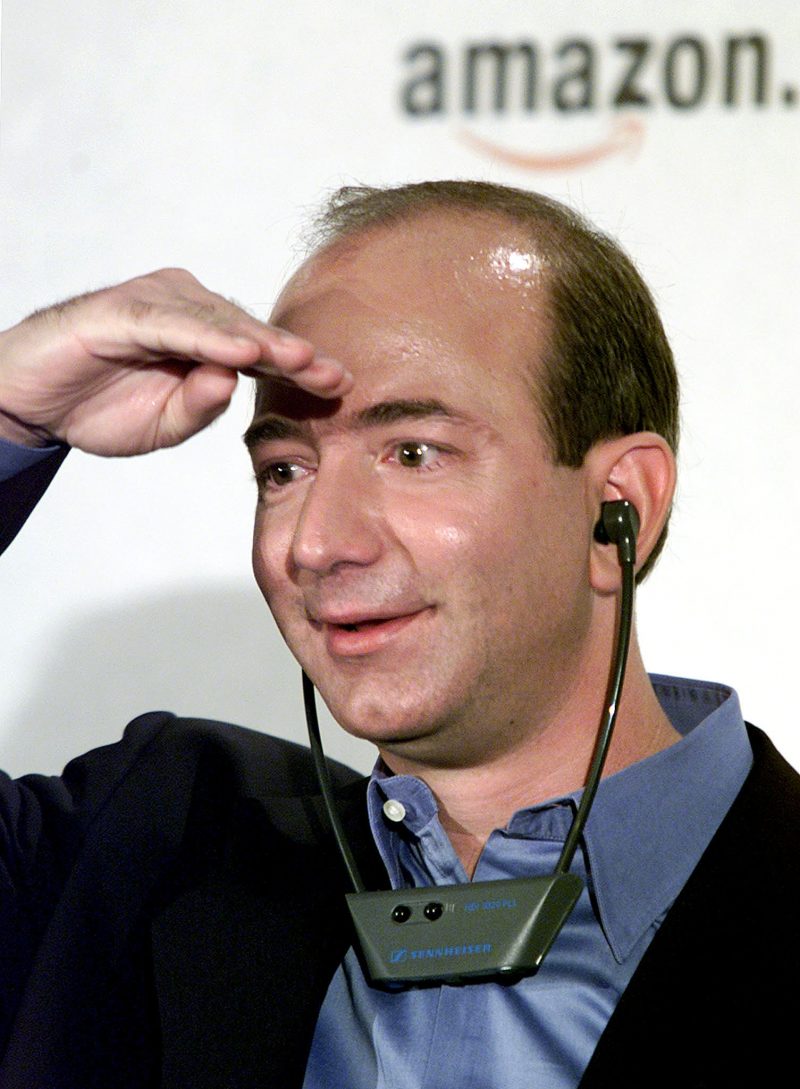
Musk, meanwhile, used the money he earned from eBay's purchase of PayPal to launch SpaceX in 2002.
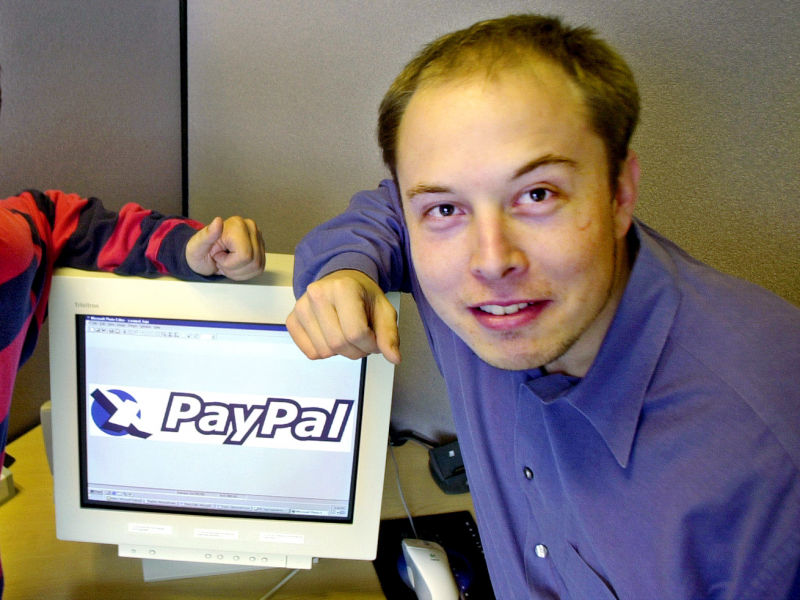
In 2004, the two met for a friendly dinner and talked about rockets. Even then, though, there was an adversarial spirit. "I actually did my best to give good advice, which he largely ignored," Musk said of meeting Bezos.

Source: "The Space Barons"
For about a decade, as each company experimented with rocket designs on private land in Texas, the two men largely kept their criticisms of one another out of the public eye.

That changed in 2013, after NASA asked companies to submit pitches for how they might use Launch Complex 39A in Cape Canaveral, Florida. Apollo and space-shuttle missions once launched from that historic site, but NASA was no longer using it.
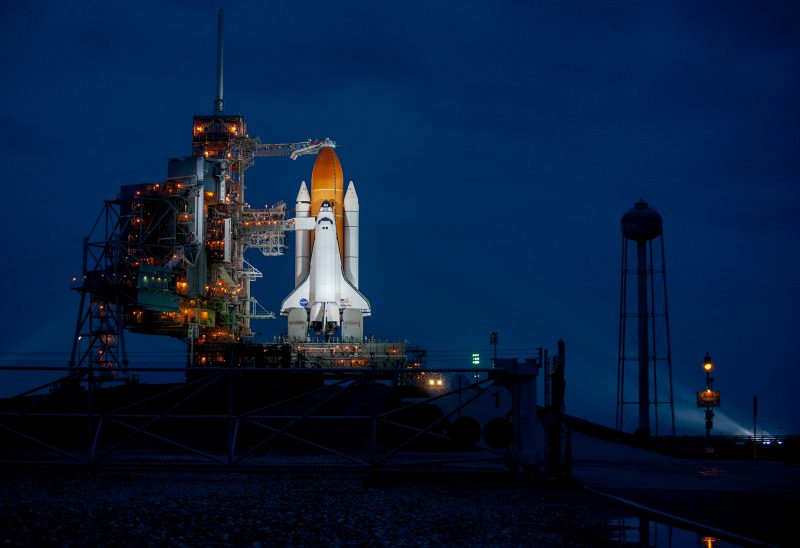
SpaceX told NASA it wanted to use the pad exclusively. But then Blue Origin and United Launch Alliance — a rival of SpaceX — filed a joint protest with the government. Musk dubbed the move a "phony blocking tactic."
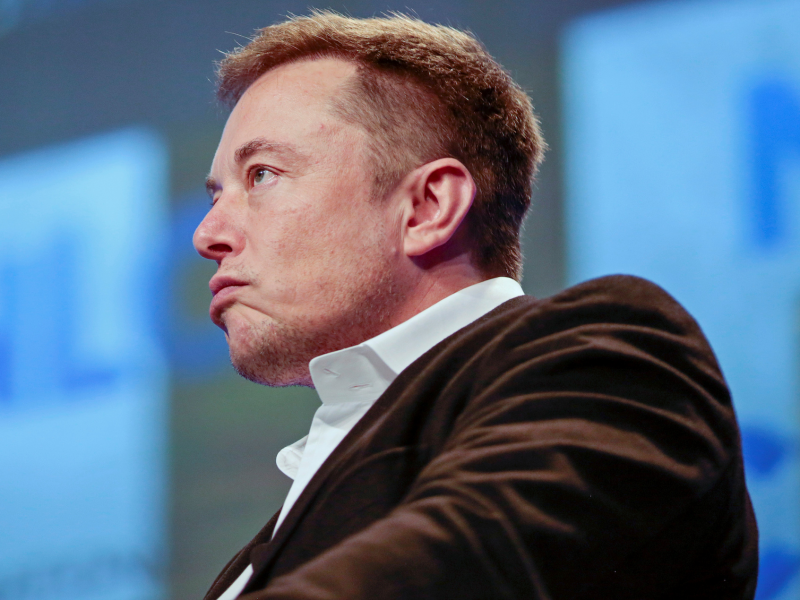
Sources: Space News, NBC
SpaceX later said it was open to sharing the site with NASA and other private companies if necessary. By the end of 2013, NASA agreed to lease the launchpad to SpaceX.
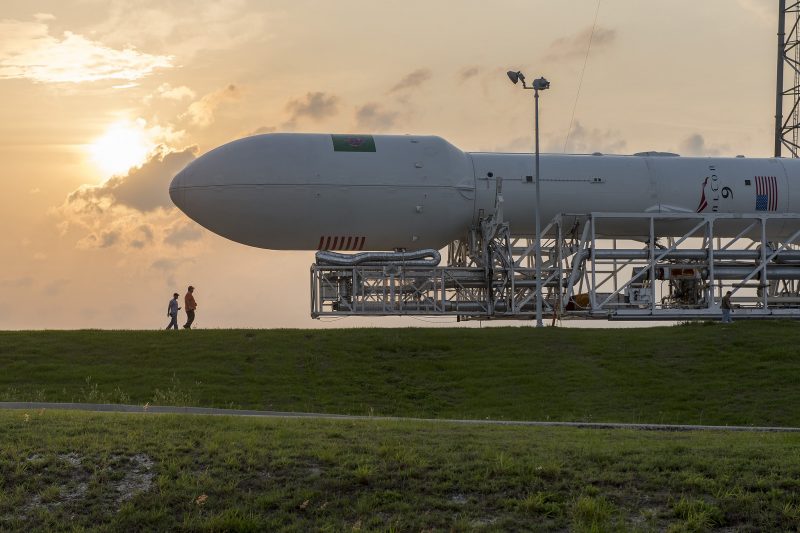
Another bitter battle came less than a year later, this time over drone ships. Such boats are autonomous, flat-decked, and able to serve as landing pads for huge rocket boosters. The rocket segment can then be reused, saving millions of dollars.
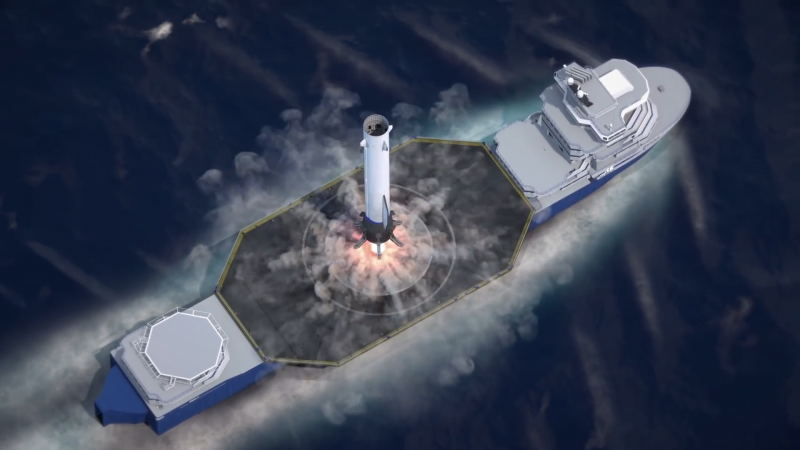
Blue Origin filed a patent for the concept in 2010, and it was granted in 2014. Musk wasn't happy, since drone ships are key to SpaceX's plans to reuse boosters. SpaceX didn't want to pay Bezos' company to use a drone ship.
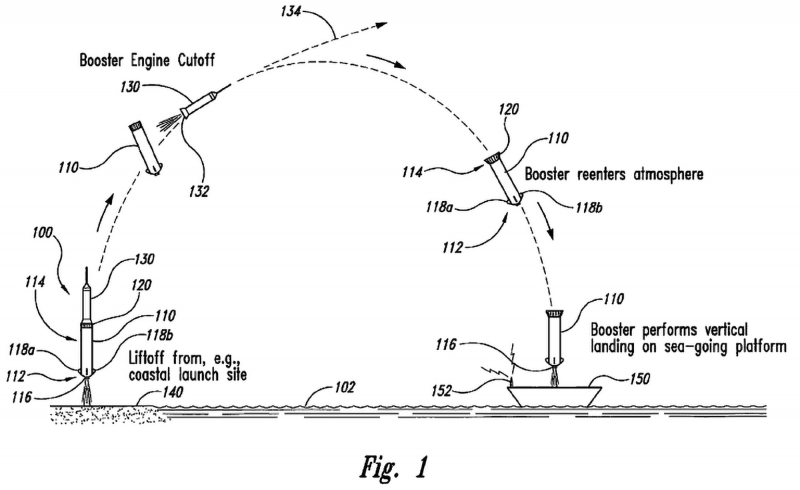
SpaceX petitioned to invalidate Blue Origin's patent, stating that "the 'rocket science' claimed in the ... patent was, at best, 'old hat'" by 2009. The judge ruled mostly in SpaceX's favor, and Blue Origin withdrew 13 of 15 claims in the patent.
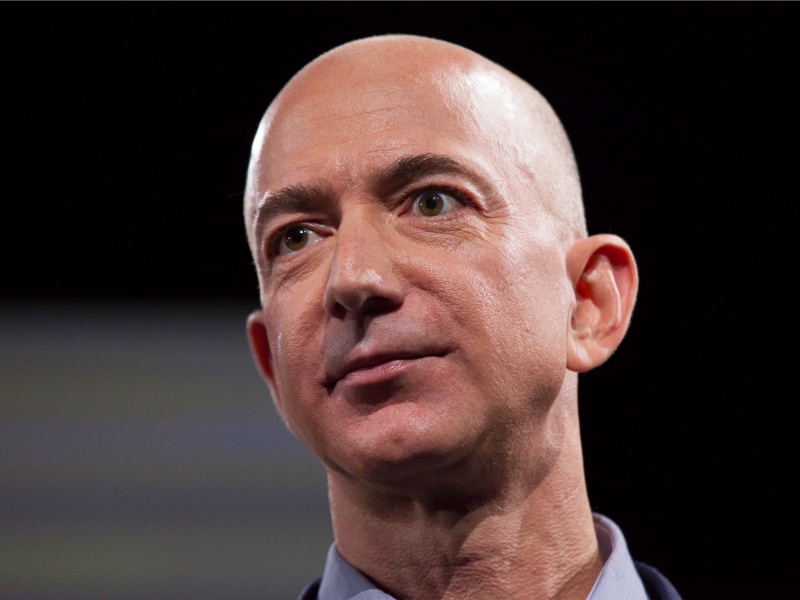
SpaceX had a point — the concept was even featured in the 1959 Soviet sci-fi film "Nebo Zovyot," or "The Sky Beckons."
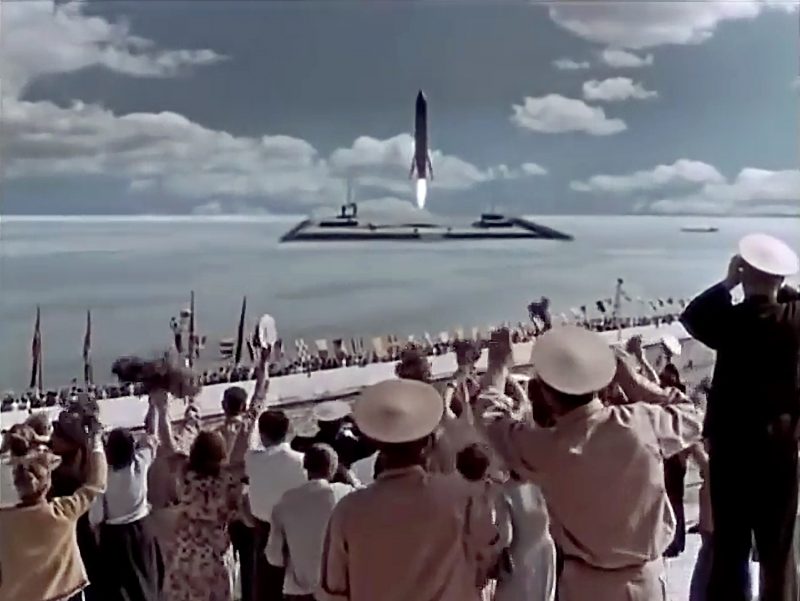
Not long after SpaceX claimed victory, Musk and Bezos began clashing in public. In November 2015, Blue Origin landed its first reusable rocket, called the New Shepard. "The rarest of beasts — a used rocket," Bezos tweeted with a video.
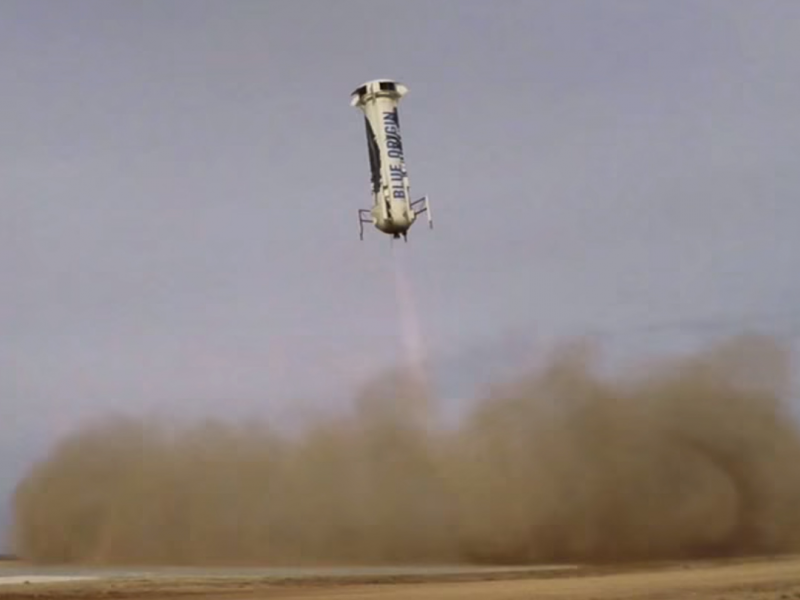
Source: Twitter
Musk couldn't help but chime in. "Not quite 'rarest.' SpaceX Grasshopper rocket did 6 suborbital flights 3 years ago & is still around," he tweeted in response to Bezos.
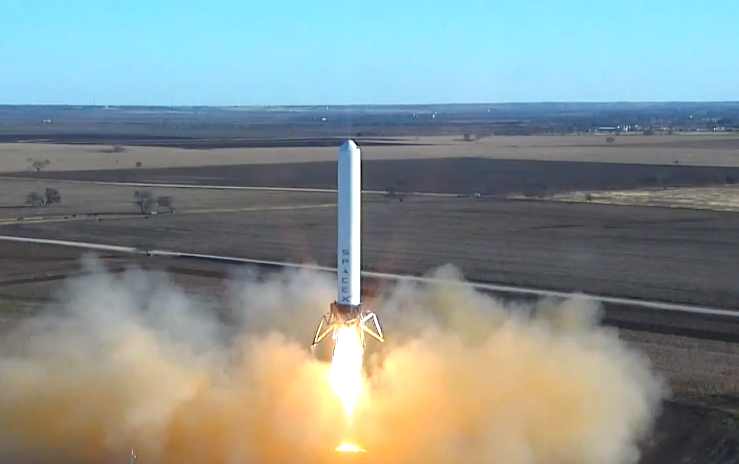
Source: Twitter
Musk went even further with his one-up. He added that it takes 100 times more energy to launch something to geostationary orbit (about 22,236 miles up) — which is what SpaceX's Falcon 9 rocket does — than to suborbital space (about 62 miles high), where Blue Origin's New Shepard goes.
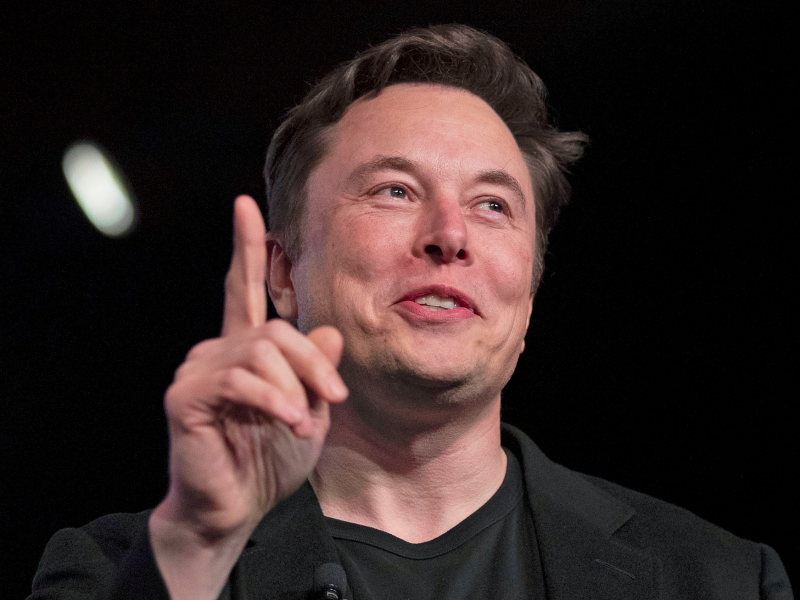
Source: Twitter
In December 2015, SpaceX successfully landed its first orbital-class rocket booster on a drone ship. Bezos praised the company in a tweet...
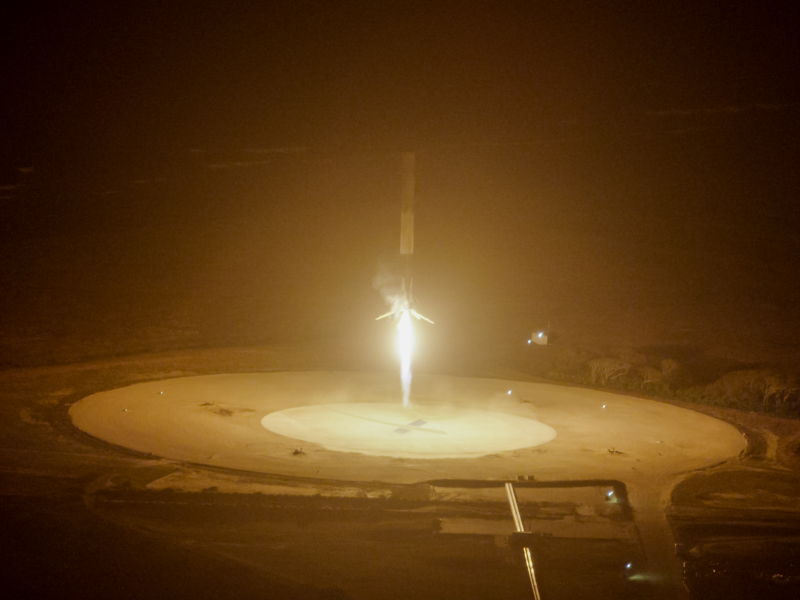
... But with a side of shade. Referencing Blue Origin's accomplishments with landing New Shepard, Bezos said: "Congrats @SpaceX on landing Falcon's suborbital booster stage. Welcome to the club!"
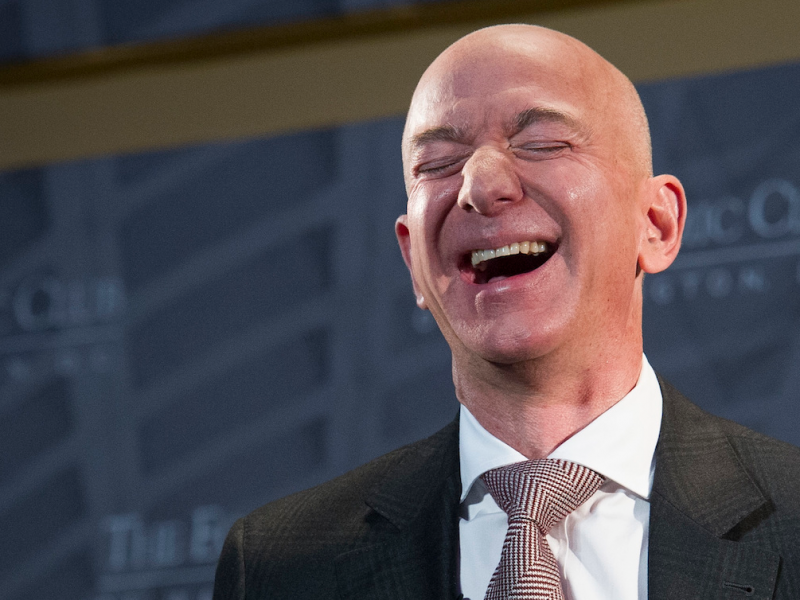
Source: Twitter
The two billionaires also occasionally drop snide remarks about one another during press interviews. A few weeks after SpaceX's rocket-booster landing, for instance, the BBC's Rory Cellan-Jones asked Musk about Bezos. "Jeff who?" Musk responded.
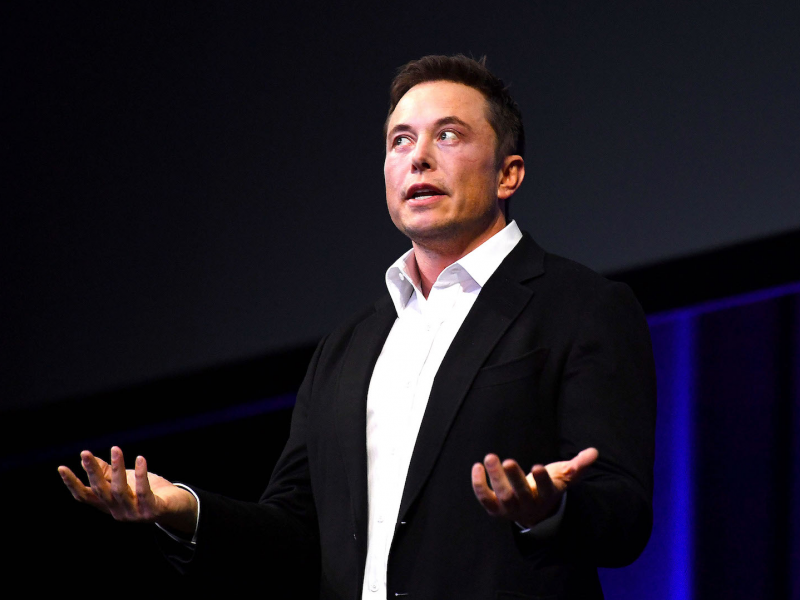
Source: BBC
Then during an event in March, Space News' Jeff Foust asked Bezos about his vision to have millions of people living and working in space colonies.
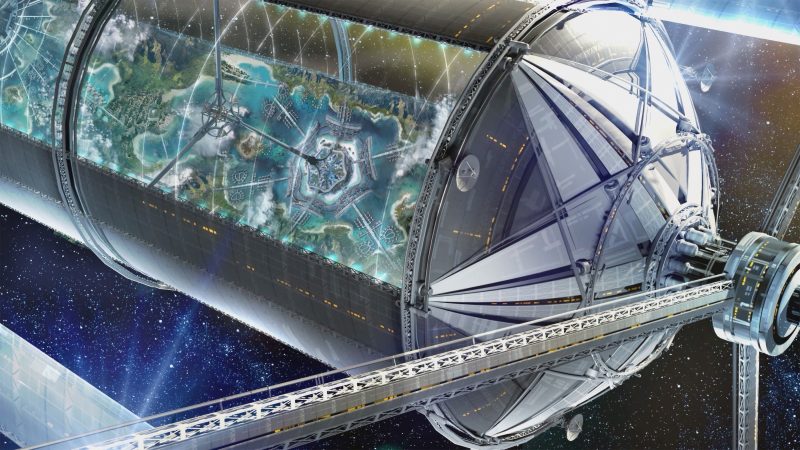
Source: Business Insider
Bezos seized the opportunity to rib Musk — without naming him — over his rival's vision of permanently settling Mars. (Musk has described a Mars settlement as a back-up plan for humanity in case anything tragic befalls Earth.)
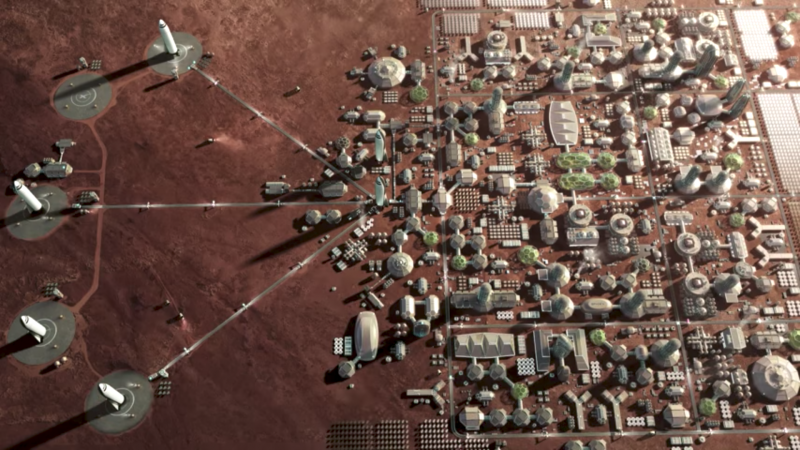
Source: Business Insider
"One thing I find very un-motivating is the kind of 'Plan B' argument, where the Earth gets destroyed, where you want to be somewhere else. That I find very little... It doesn't work for me," Bezos told Foust.
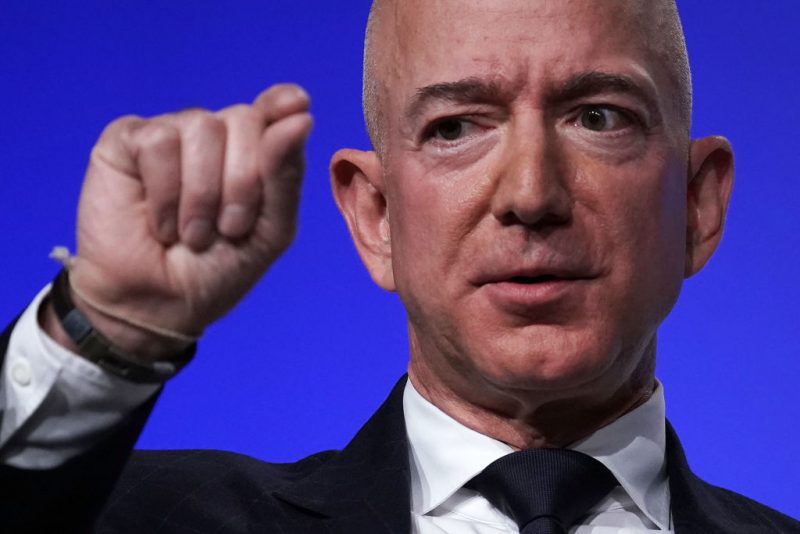
Source: Business Insider
Bezos added: "We have sent robotic probes now to every planet in this solar system, and this is the best one. My friends who want to move to Mars? I say, 'Do me a favor, go live on the top of Mount Everest for a year first, and see if you like it — because it's a garden paradise compared to Mars.'"

More friction has arisen as both entrepreneurs plan to launch vast numbers of internet-providing satellites. Since at least 2015, Musk has spoken about a plan to create a global network of nearly 12,000 such satellites, called Starlink.
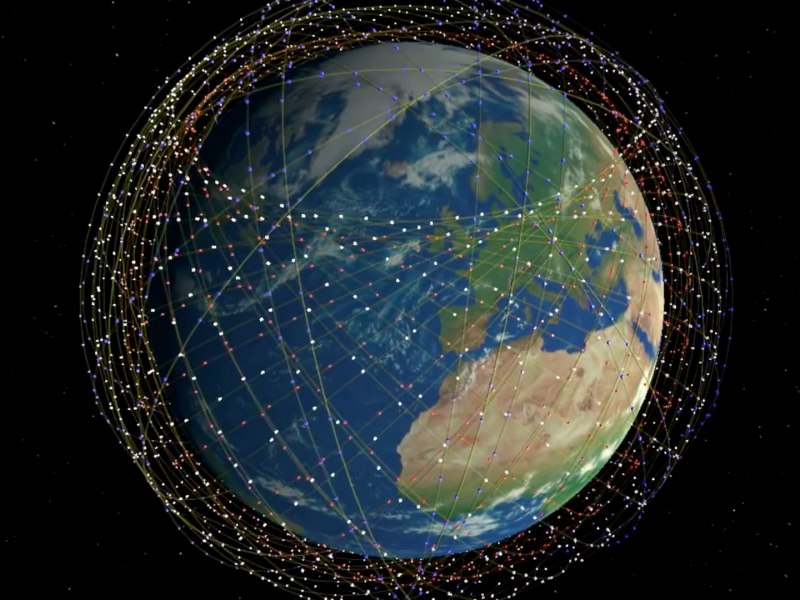
Source: Business Insider
Amazon announced in April 2019 that it plans to launch Project Kuiper: a similar network of about 3,200 internet-providing satellites. Musk confronted Bezos on Twitter with the message: "@JeffBezos copy 🐈"
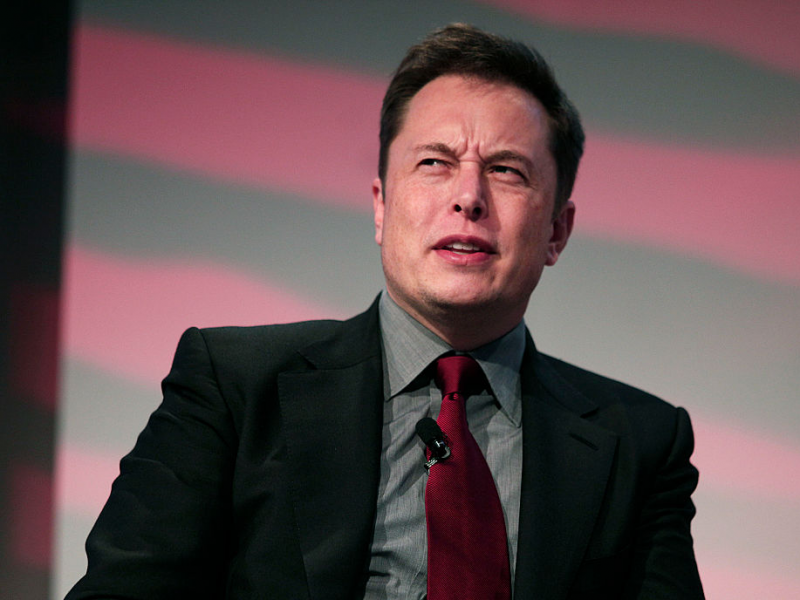
Sources: MIT Technology Review, Twitter
In May, Bezos debuted a concept for a private moon lander called Blue Moon. The spacecraft is being designed by Blue Origin in hopes of helping return NASA astronauts to the moon for the first time in decades.

Source: Business Insider
During his presentation (before Blue Moon's unveiling), Bezos took a moment to indirectly criticize Musk's Mars-settling plans yet again.
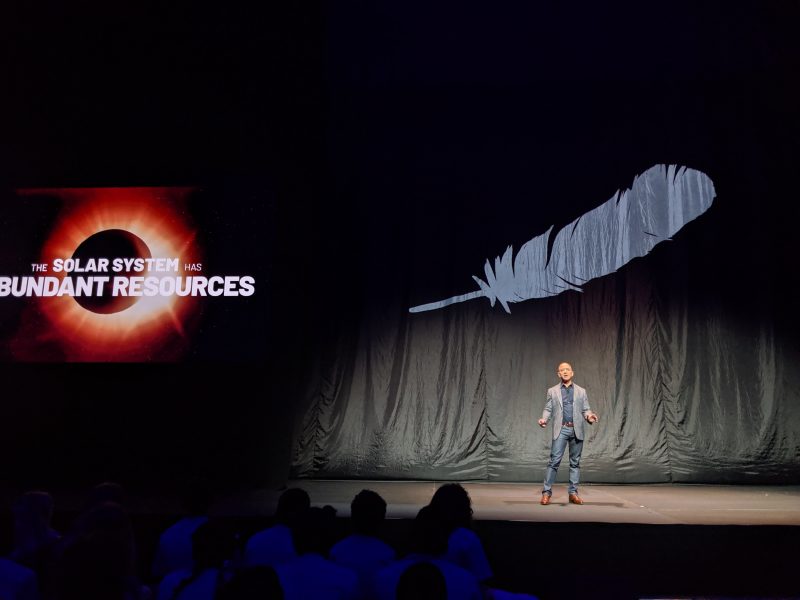
Bezos described the moon as a more realistic near-term destination. A slide in his presentation showed an image of Mars with the title "FAR, FAR AWAY." The slide's notes said: "Round-trip travel on the order of years" and "No real-time communication."
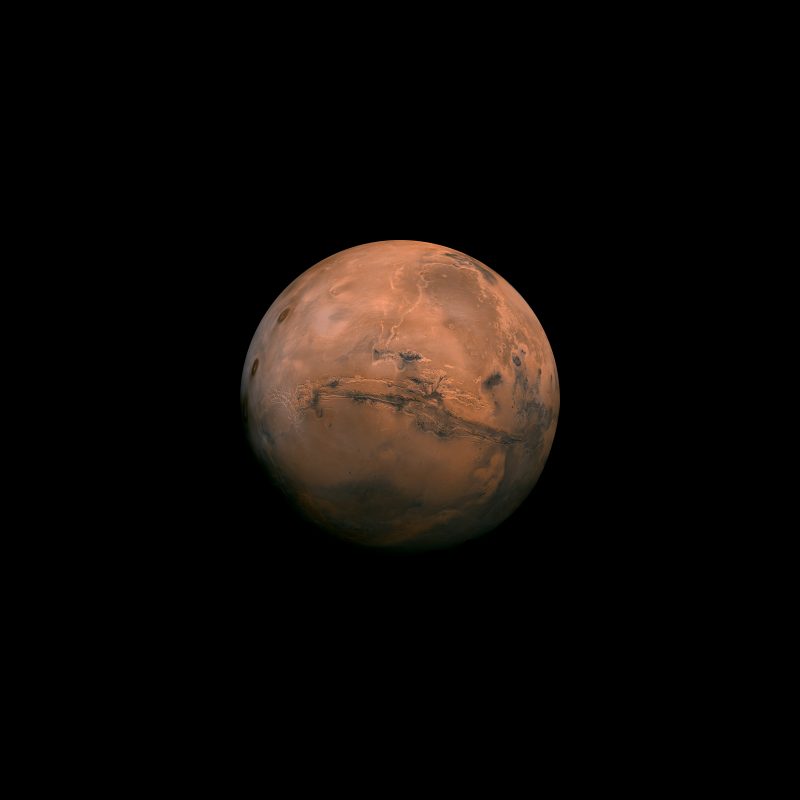
Sources: Business Insider, Blue Origin/YouTube
When asked about Bezos' Blue Moon debut, Musk said he welcomed the competition. However, he added: "But putting the word 'Blue' on a ball is questionable branding."

Source: Twitter
Hours later, Musk took the joke further: He edited a screenshot of a New York Times article about the spacecraft to read "balls" instead of "moon."

Sources: Twitter, Business Insider
The tech moguls are now sparring over a lucrative US Air Force contract. SpaceX recently sued the government agency after it awarded Blue Origin part of a $2.3 billion agreement for rocket development.
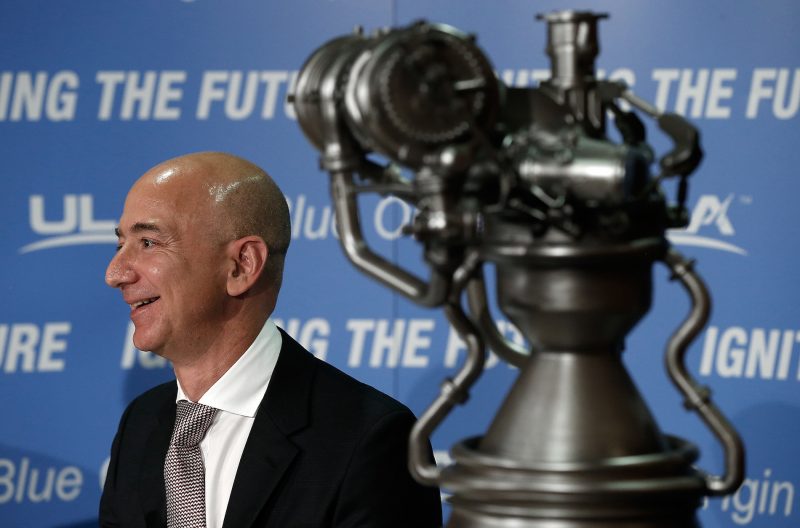
Source: CNBC
But as they have done in the past, the men and the companies they founded will likely rise above such disputes and continue their prodigious push to remake spaceflight.
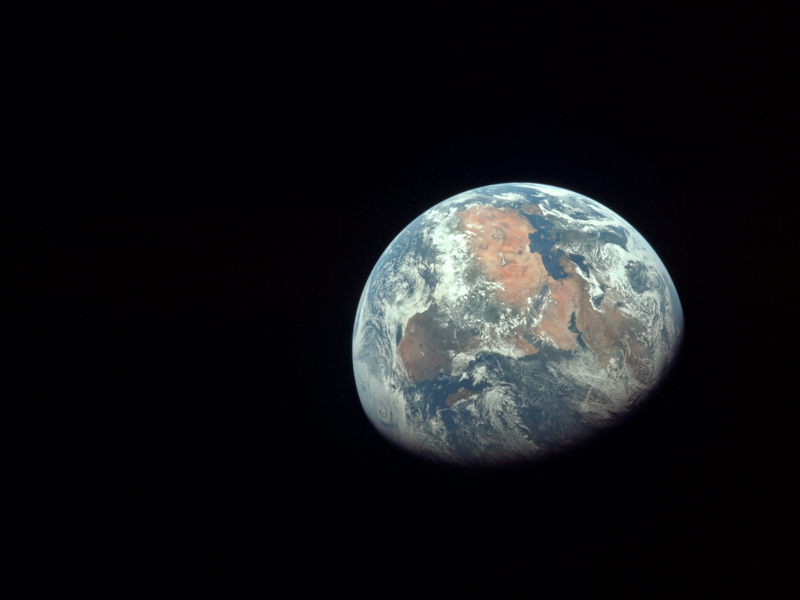
SpaceX is currently toiling in south Texas to develop Starship: an enormous and fully reusable Mars rocket system. For now, the company is testing concepts for the vehicle with a steel prototype called Starhopper.
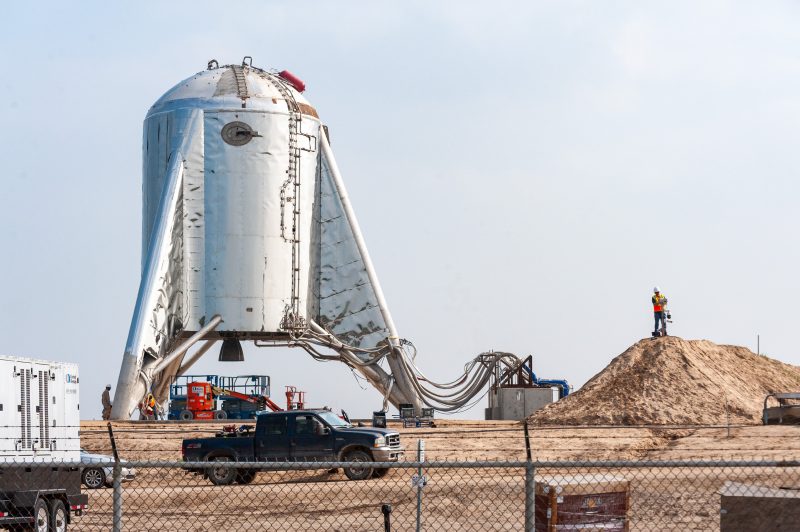
Source: Business Insider
Meanwhile, Blue Origin is working toward a 2021 debut of New Glenn: a partly reusable rocket that will enter the company into tangible competition with SpaceX and other launch providers.
